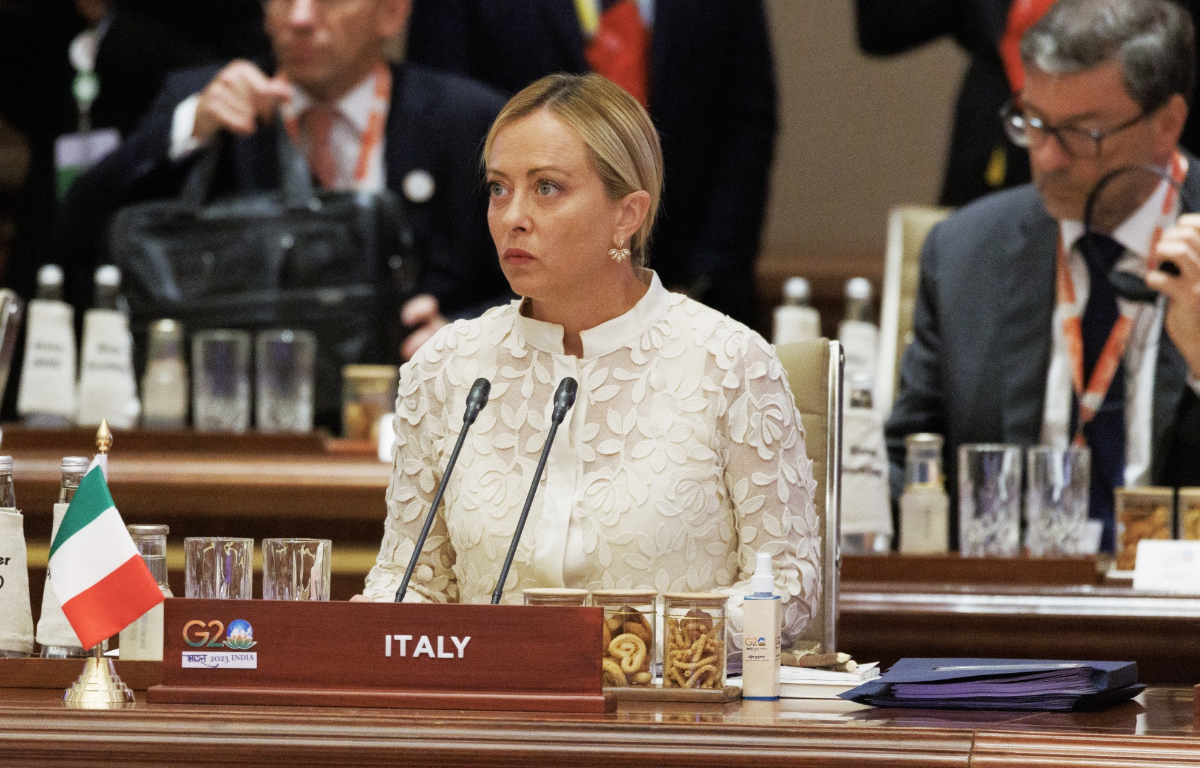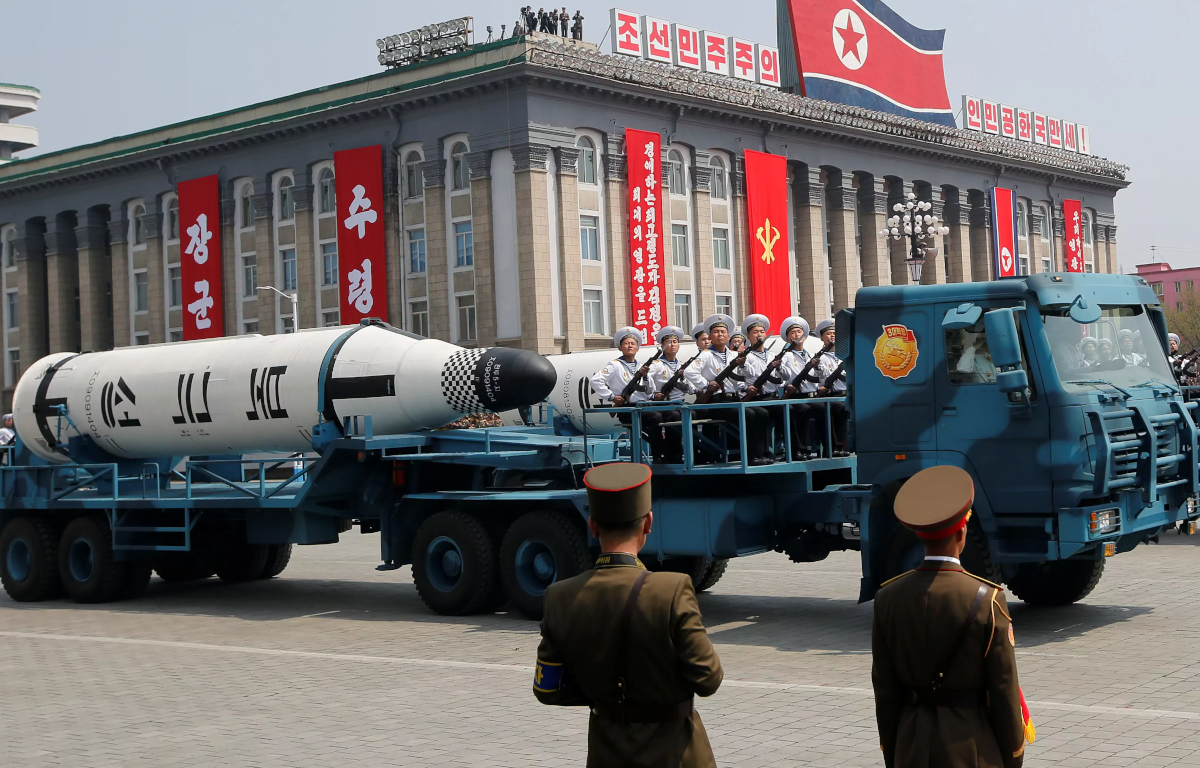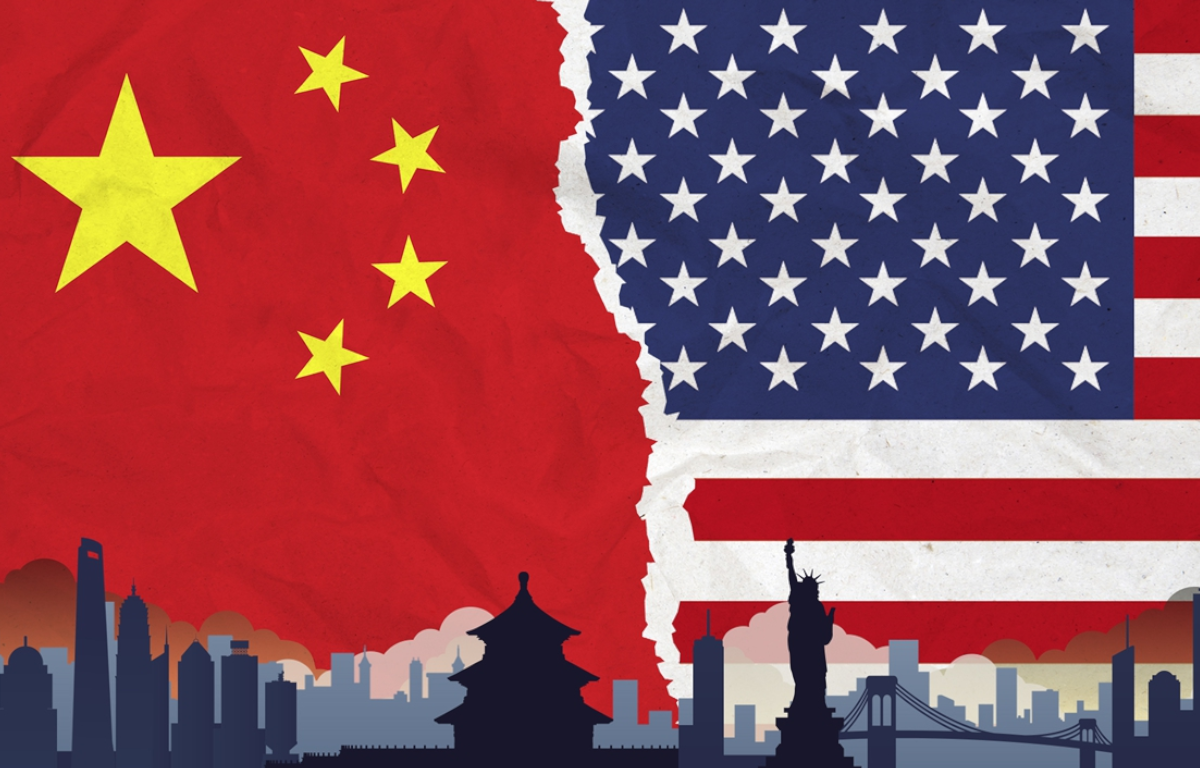
In an op-ed published in a French newspaper, China’s ambassador to France, Lu Shaye, criticized Western attitudes towards China and accused French lawmakers of being “anti-China.” This caused swift condemnation from French officials, who accused Lu of meddling in France’s internal affairs and undermining the principles of free speech and democracy.
The incident has drawn attention to the growing concerns in Europe about China’s treatment of ethnic minorities, human rights record, and increasing assertiveness on the global stage. European countries have been increasingly vocal about these concerns and are calling for a more balanced approach to engagement with China.
China’s charm offensive towards Europe has faced similar setbacks in the past. In 2019, China’s ambassador to Sweden, Gui Congyou, was criticized for his aggressive approach towards Swedish media and politicians.
These incidents highlight the need for China to rethink its approach towards Europe and work harder to address European concerns about its human rights record and its ambitions. China needs to focus on building a balanced and constructive relationship with Europe that is based on mutual respect and shared interests.
As China continues to seek to expand its influence globally, it needs to be aware of the concerns of other countries and work to address them. By doing so, China can build stronger relationships with other countries and become a respected global leader.
The recent diplomatic incident involving China’s ambassador to France has underscored the challenges China faces in winning over Europe and highlighted the need for a more balanced and constructive approach towards engagement with China. By addressing concerns about its human rights record and ambitions, China can build stronger relationships with other countries and become a respected global leader.










Share this: